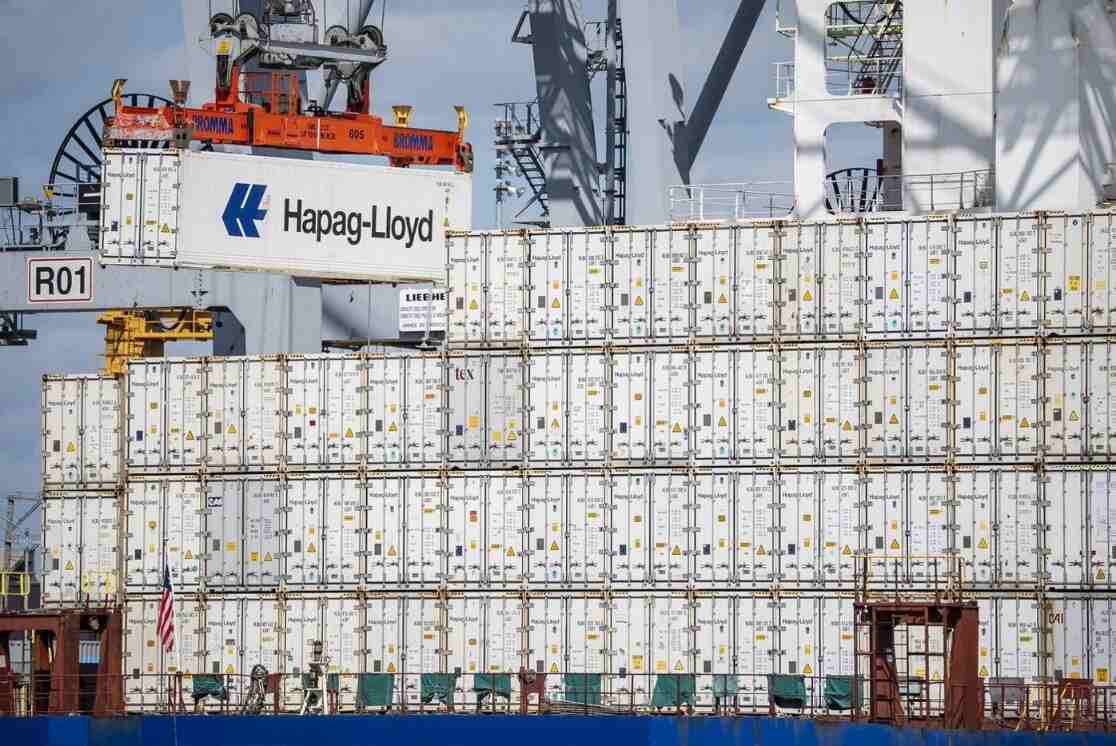- Canada’s budget deficit rose to C$11.07 billion in the first five months of fiscal 2025/26.
- Spending grew 4.1%, outpacing a 2.5% revenue increase.
- Custom import duties surged 156.9%, reaching C$5.79 billion.
- Public debt charges fell slightly due to lower interest rates on Treasury bills.
- August alone recorded a C$3.28 billion deficit, up from C$2.55 billion a year earlier.
Canada’s federal deficit climbed to C$11.07 billion ($7.89 billion) over the first five months of the 2025/26 fiscal year, as the government’s expenditures continued to rise faster than revenue growth, the Finance Ministry reported on Friday.
The latest figures mark an increase from the C$9.84 billion shortfall recorded during the same period a year earlier, underscoring the ongoing strain on public finances despite moderate economic growth.
According to the ministry, program expenses expanded by 4.1%, with higher costs reported across nearly all major spending categories. Meanwhile, public debt charges declined by 0.8%, largely attributed to lower interest rates on short-term Treasury bills, a modest relief in an otherwise widening fiscal gap.
On the revenue side, year-to-date receipts rose by 2.5%, supported by higher custom import duties linked to retaliatory tariffs on the United States, as well as stronger corporate and personal income tax collections.
According to Reuters, Custom import duties alone jumped by 156.9%, reaching C$5.79 billion between April and August, reflecting the government’s tariff strategy amid ongoing trade frictions.
For the month of August, the federal government posted a C$3.28 billion deficit, compared with C$2.55 billion in August 2024, further evidence of widening fiscal pressures even as borrowing costs ease.
Economists say the latest data could influence upcoming policy decisions on fiscal consolidation and economic growth targets. The numbers arrive as markets closely watch Ottawa’s balance between public spending, tax revenue, and debt management, key metrics that impact investment trends, bond yields, and currency stability in the Canadian economy.
As of Friday’s exchange rate, $1 equals 1.4024 Canadian dollars, according to the ministry’s statement.
Also Read: Social Security Benefits to Rise 2.8% in 2026 as COLA increases









